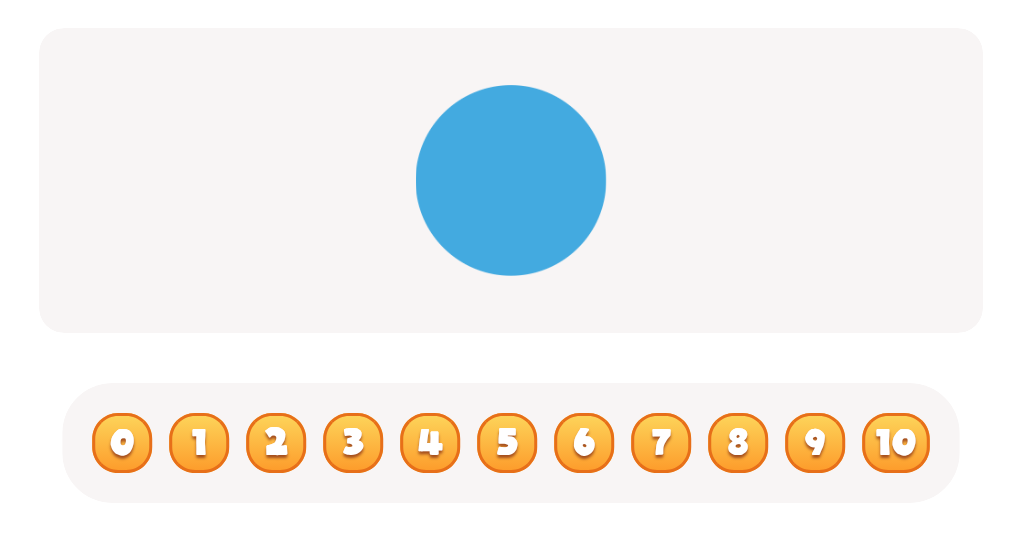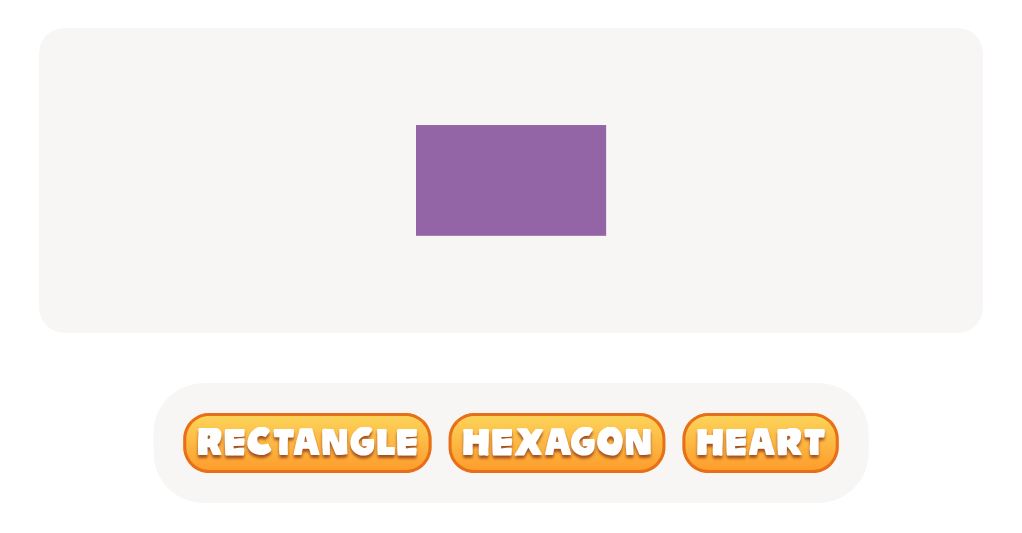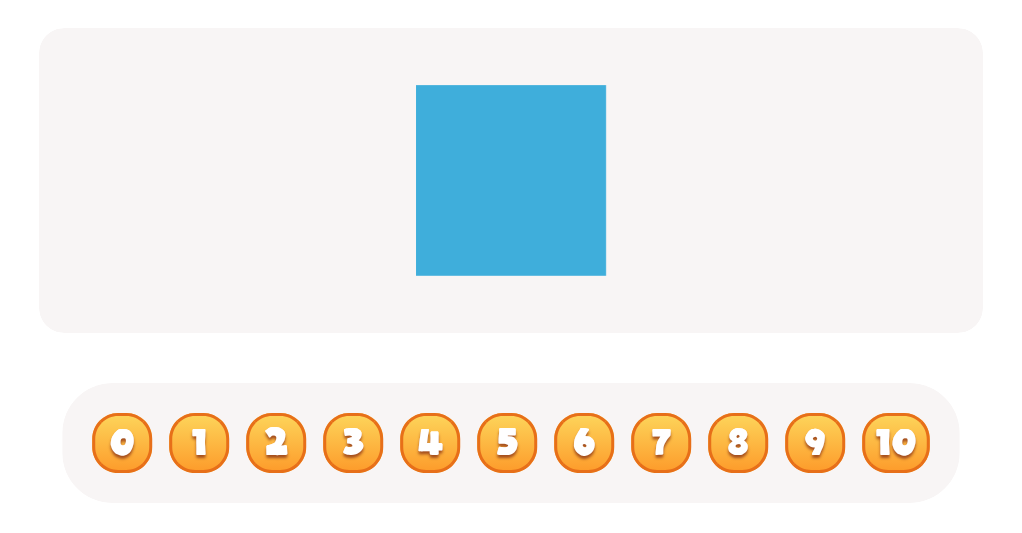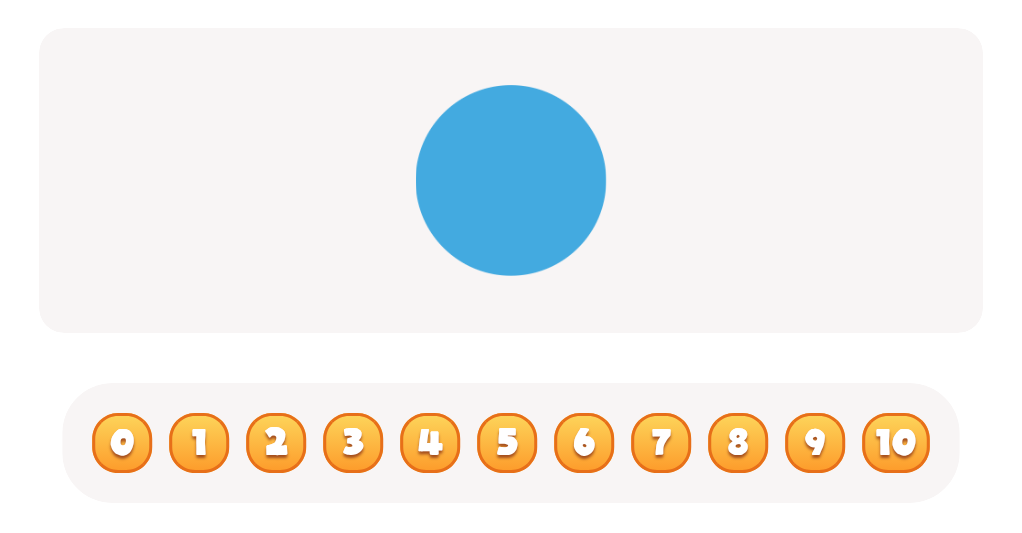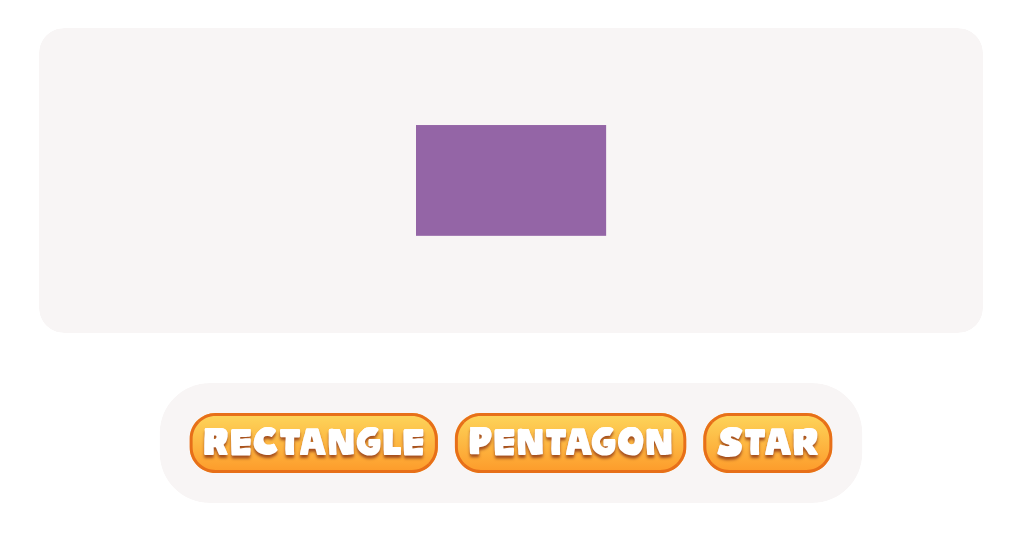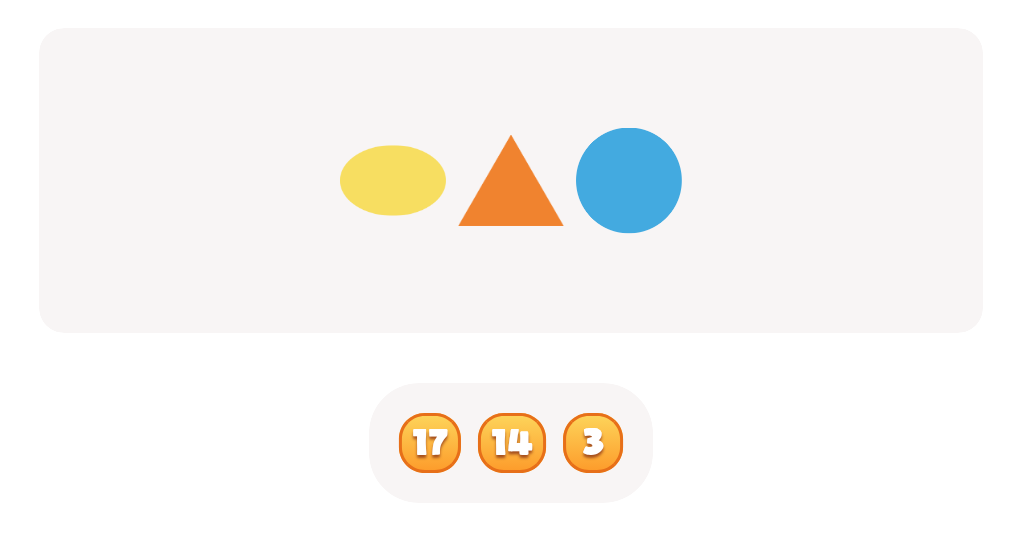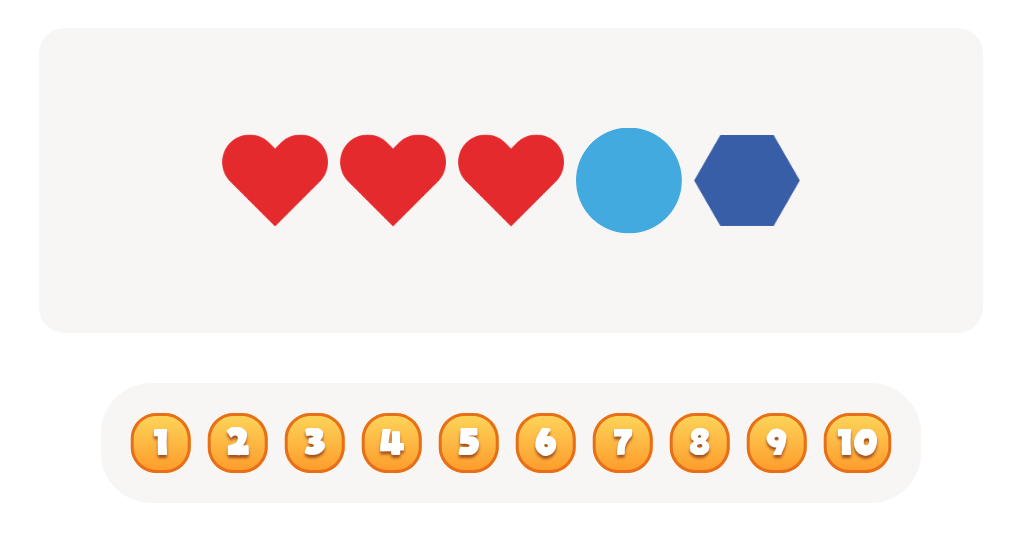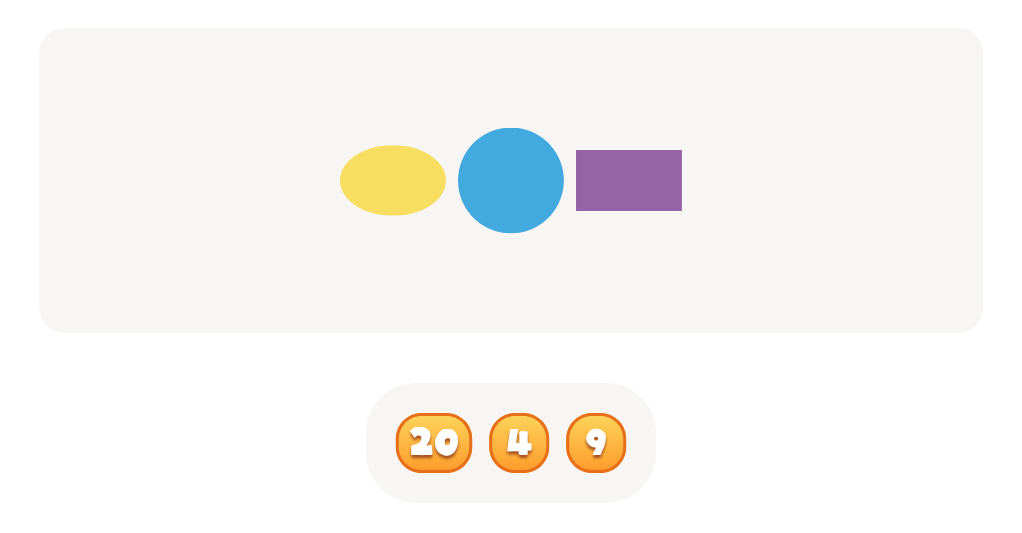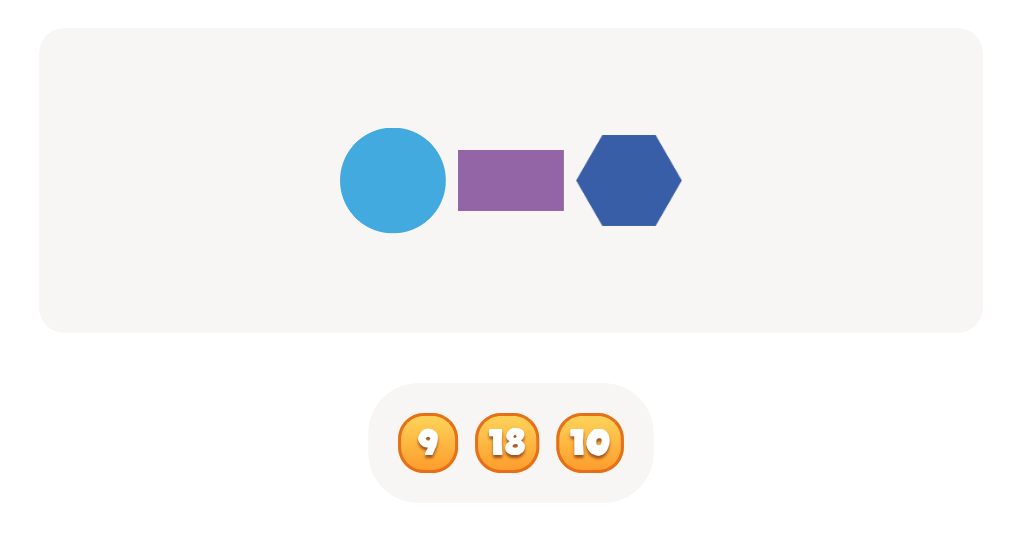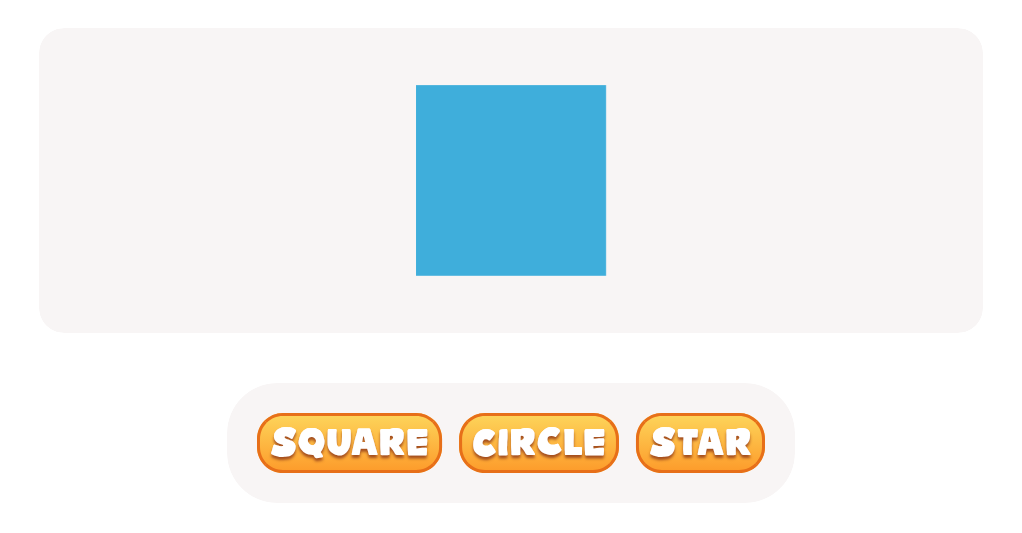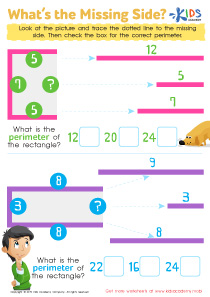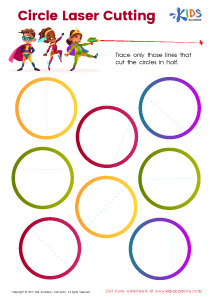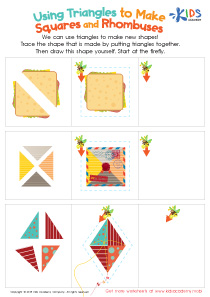Critical Thinking Normal 2D Shapes Worksheets for Ages 6-8
3 filtered results
-
From - To
Enhance your child's critical thinking skills with our engaging 2D shapes worksheets designed specifically for ages 6 to 8! These thoughtfully crafted activities encourage young learners to explore and analyze various normal 2D shapes such as squares, triangles, and circles. Our worksheets promote problem-solving, reasoning, and decision-making abilities through interactive tasks that captivate children’s imaginations. With colorful illustrations and easy-to-follow instructions, kids will enjoy discovering the properties and relationships of shapes in a fun, educational way. Prepare your child for academic success while nurturing their creativity and analytical thinking. Get started with our printable worksheets today!
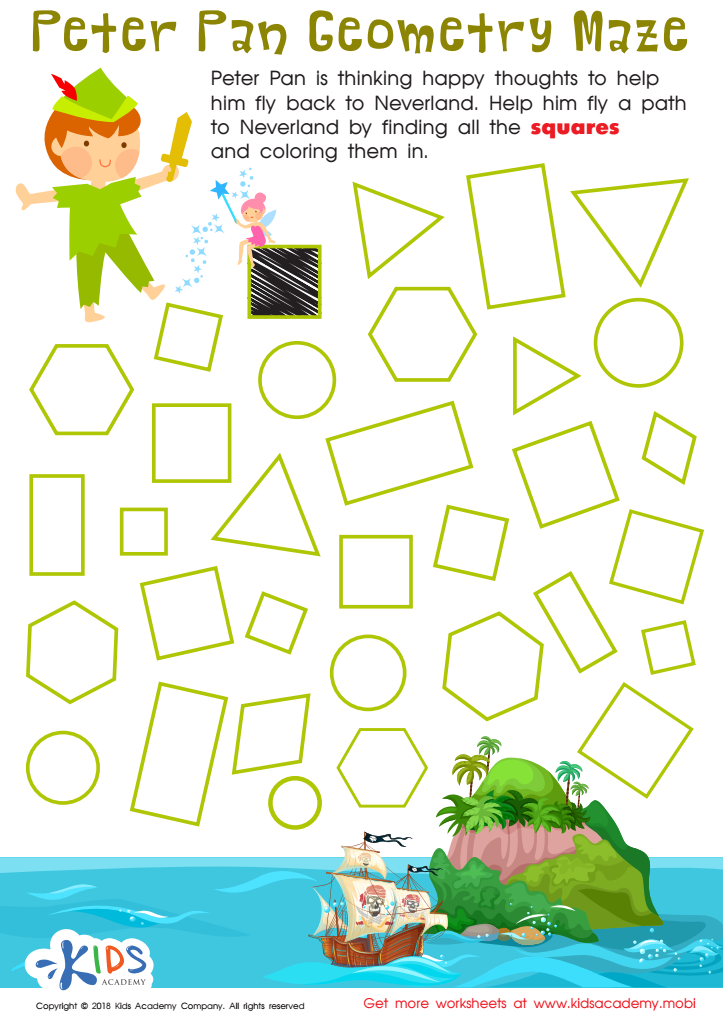

Peter Pan Worksheet
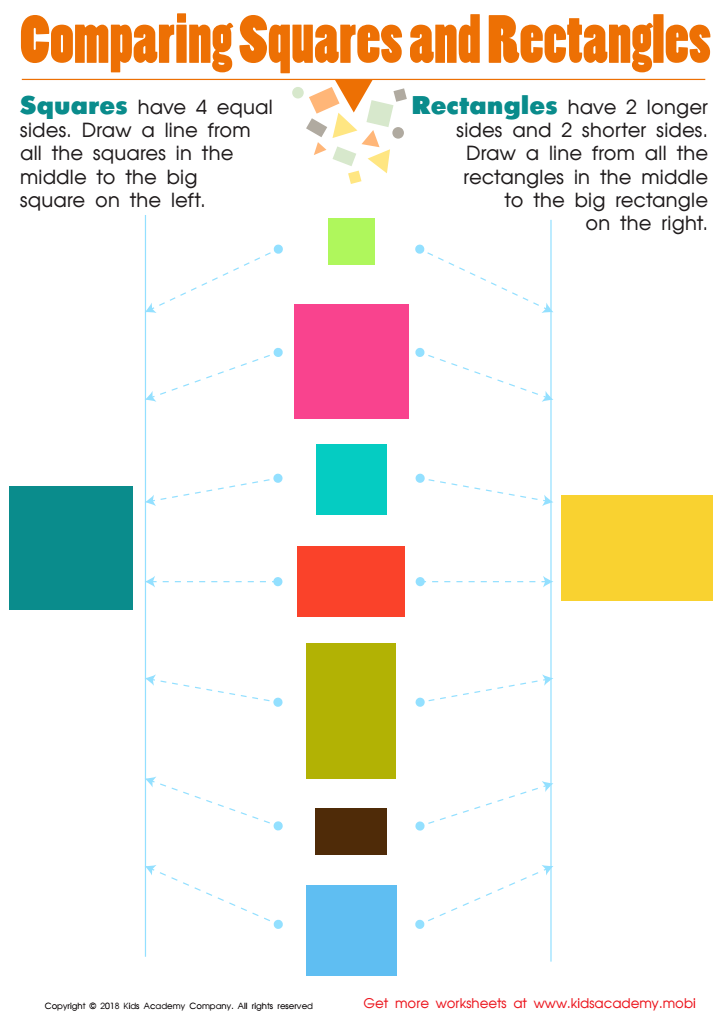

Comparing Squares Rectangles Worksheet
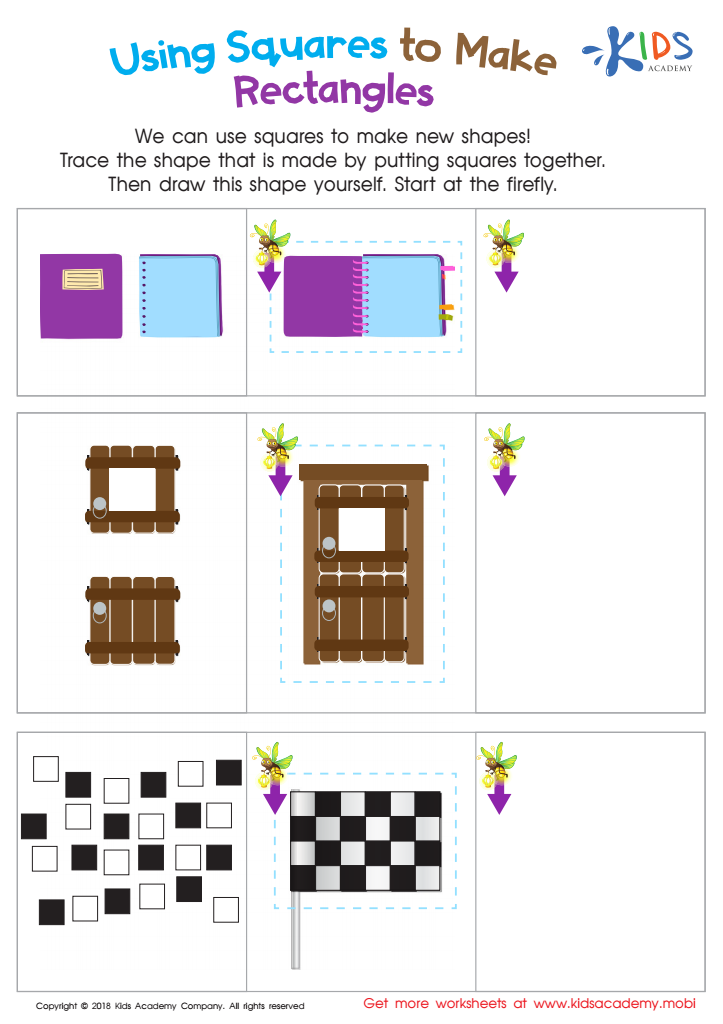

Using Squares to Make Rectangles Worksheet
Parents and teachers should care about critical thinking related to normal 2D shapes for children aged 6-8 because this foundational skill impacts various aspects of cognitive development. At this age, children are naturally curious and eager to explore the world around them. Introducing them to critical thinking through 2D shapes enhances their problem-solving abilities and improves their spatial awareness.
Understanding shapes helps children recognize patterns and relationships, which are essential for advanced mathematical concepts in later grades. It encourages them to observe, analyze, and compare shapes, fostering analytical thinking. When children are taught to think critically about 2D shapes—such as squares, circles, and triangles—they learn to categorize and differentiate based on attributes like size, color, and angles, which are crucial for making sense of more complex ideas.
Moreover, critical thinking promotes creativity. Children can express themselves by exploring how shapes can be combined or altered to create new forms, feeding their imagination. By actively engaging with shapes in a thoughtful manner, children develop reasoning skills and build a solid foundation for future learning, not just in math, but across all subjects—transforming them into lifelong learners. Encouraging critical thinking in early childhood sets them on a path to success in school and beyond.
 Assign to My Students
Assign to My Students
